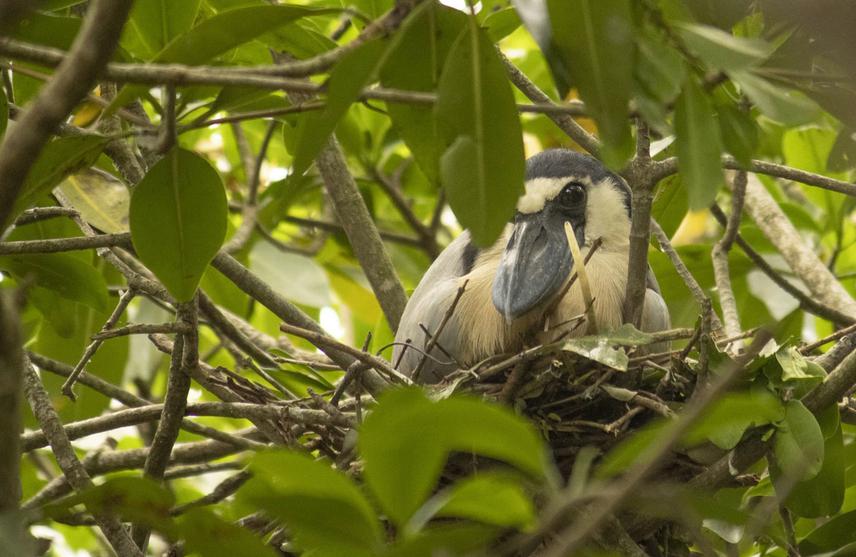Adrián Ciprés Chávez
Other projects
5 Jun 2020
Relationships Between the Landscape and the Mangrove Bird Assemblages in the Central Coastal Strip of Veracruz, Mexico
Participatory approaches in socio-environmental research have provided theories and methodologies that can contribute to concrete conservation actions in coastal ecosystems. This project aims to contribute to the strengthening of the participatory paradigm of coastal zone conservation in Latin America, based on the empirical and theoretical knowledge generated in the framework of participatory/collaborative action research in the coastal lagoon system of Mandinga (CLSM), Veracruz, Mexico. The participatory approach of this work is based on a complex understanding of ecological conservation, which implies considering social and environmental aspects as complementary and interdependent parts. We consider the socio-environmental landscape as a place where competencies and actions that affect the environment, society, coastal ecosystems, and biological species are developed.

Boat-billed Heron (Cochlearius cochlerarius) nest on a mangrove island in the Mandinga lagoons. Oct 22. © Adrián Ciprés Chávez.
Therefore, this project implies working with the communities within their living territory, given that without their participation in mangrove conservation would not be viable. Additionally, we start from the recognition of the rights of the people to participate fully in the decisions and actions that concern their natural and biocultural resources. Thus, the methodological scheme of this approach is based on dialogue, participation and management of collective learning aimed at the ecological conservation of the mangrove ecosystem and associated bird species in the CLSM, and in turn, revalue their social and cultural interdependencies that allow the material and symbolic subsistence of the communities in the area. We will conduct biological monitoring of birds to strengthen the involvement of local communities in conservation. Working with the Mandinga y Matosa community using a tool such as participatory research will allow us to document participatory processes, but more importantly, it will allow us to take action to address socio-environmental issues such as mangrove loss and find ways to conserve them. This will be through collective learning, co-constructed knowledge through workshops, interviews, events and biological monitoring, and the building of bonds of trust between researchers and the local community.
Header: Arsetanal fishing in the lagoon of Mandinga, Mexico. In the background, part of Riviera Veracruzana development project that has exacerbated socio-environmental conflicts and loss of coastal ecosystems. Dec 22. © Adrián Ciprés Chávez.